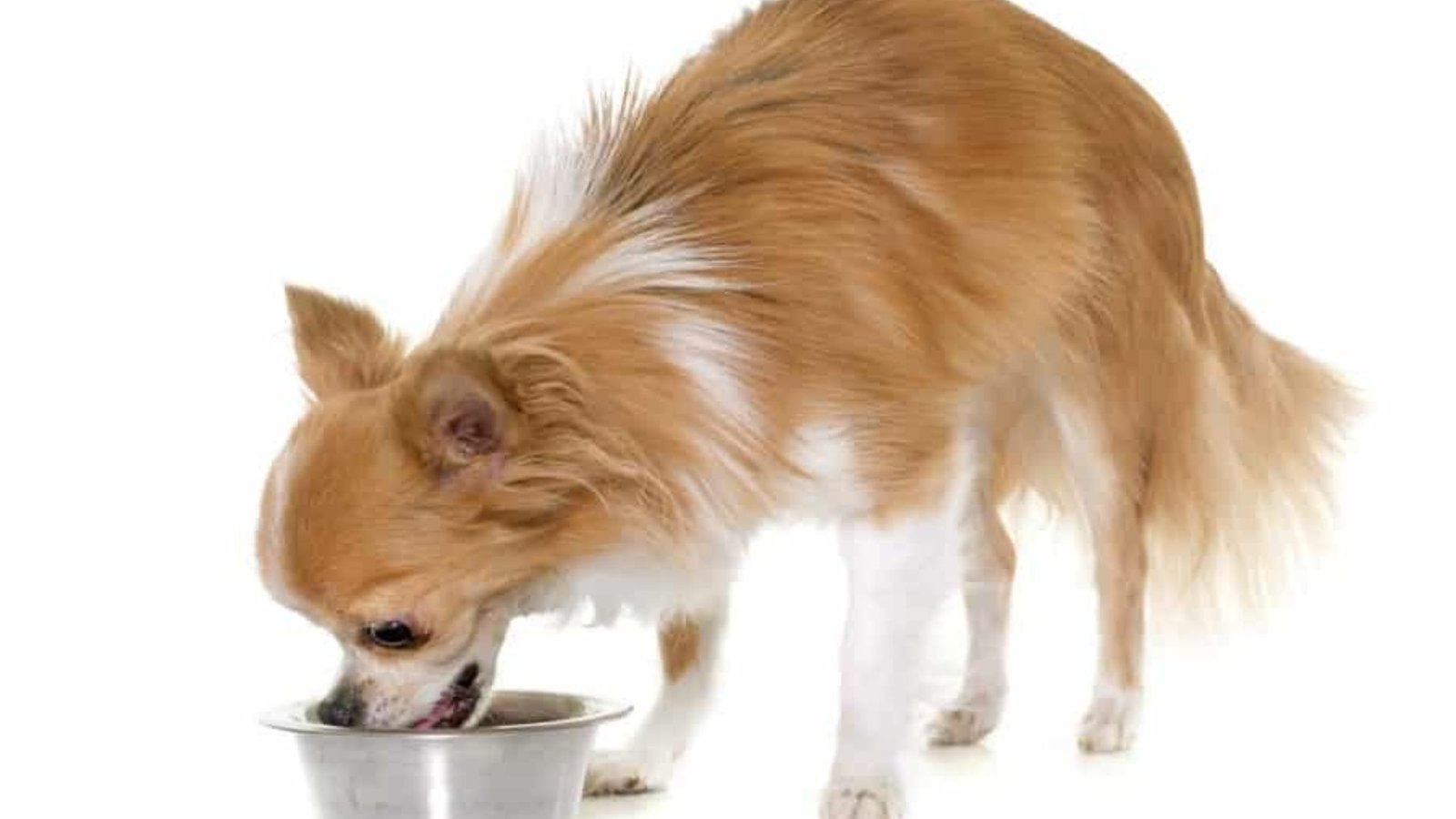What to Feed Your Chihuahua for Optimal Health
Chihuahuas may be small in size, but they have big personalities and specific nutritional needs to stay healthy and active. As one of the smallest dog breeds, they require a carefully balanced diet to maintain their weight, energy levels, and overall well-being. Whether you’re a new Chihuahua owner or looking to optimize your dog’s diet, knowing what to feed them is essential for their long-term health. This guide will walk you through the best food choices, portion control, feeding schedule, and health considerations for your Chihuahua, helping you ensure they live a long, happy, and healthy life.

Understanding the Nutritional Needs of a Chihuahua
Chihuahuas have high metabolism rates, which means they burn through energy quickly. Their tiny stomachs require calorie-dense food, but they also need to avoid overfeeding since they can easily become overweight. The key to their health lies in the quality of food, not just quantity.
Key Nutrients for Chihuahuas
- Protein: Chihuahuas need high-quality animal-based protein (like chicken, turkey, beef, or fish) to support muscle mass and overall body function. Protein should make up around 20-30% of their diet.
- Fat: Healthy fats provide energy and help keep your Chihuahua’s skin and coat healthy. Fats should make up about 8-15% of their diet, and good sources include chicken fat, fish oil, and flaxseed oil.
- Carbohydrates: While not as critical as protein and fats, carbs help provide energy and fiber for digestive health. Look for foods that include whole grains, sweet potatoes, or vegetables.
- Vitamins and Minerals: A Chihuahua’s diet should include essential vitamins (like A, D, E, and B complex) and minerals (such as calcium and phosphorus) to support their immune system, bones, and organs.
- Fiber: Fiber aids in digestion and helps prevent obesity. Around 2-4% fiber is ideal in their diet.
Special Considerations:
- Small Stomach: Chihuahuas have tiny stomachs, so they need nutrient-dense food that provides the necessary calories without overfeeding.
- Dental Health: Their small mouths can sometimes make them prone to dental problems, so you may want to choose food that helps keep their teeth clean.
- Heat Sensitivity: Chihuahuas are sensitive to temperature extremes, so they need a well-balanced diet to maintain their body heat and energy levels.
Types of Food for Chihuahuas
When it comes to feeding your Chihuahua, you have several options: dry kibble, wet food, and even homemade diets. Each type has its advantages and considerations.
1. High-Quality Kibble (Dry Food)
- Benefits: Dry kibble is convenient, helps clean teeth, and can be more affordable. It’s also typically nutritionally balanced with the proper levels of protein, fat, and fiber.
- What to Look for: Choose kibble that lists real meat (like chicken or beef) as the first ingredient and avoid foods that rely on fillers like corn, soy, or wheat.
- Portion Control: Dry food can make it easier to control portions since it’s typically pre-measured on the packaging.
2. Canned or Wet Food
- Benefits: Wet food has higher moisture content, which can help keep your Chihuahua hydrated. It’s also often more palatable for picky eaters.
- What to Look for: Like with kibble, choose a wet food with real meat as the primary ingredient and no artificial preservatives or additives. Make sure it’s nutritionally complete for their size and age.
- Considerations: Wet food can be more expensive and may not help with dental health as much as kibble.
3. Homemade Diets
- Benefits: Homemade food allows you to control the ingredients and ensure your Chihuahua is getting the freshest, highest-quality ingredients.
- What to Include: Include lean proteins (like chicken, turkey, or fish), vegetables (such as carrots, peas, or spinach), and healthy fats (like olive oil or fish oil).
- Consult a Vet: It’s important to work with a veterinarian when preparing a homemade diet to ensure your Chihuahua’s meals are nutritionally complete. Supplementing with vitamins and minerals may be necessary.
4. Raw Food (BARF Diet)
- Benefits: Some owners choose the BARF (Biologically Appropriate Raw Food) diet, which consists of raw meat, bones, fruits, and vegetables.
- Considerations: While raw diets may offer health benefits for some dogs, they can also pose risks, such as bacterial contamination or an imbalanced diet. Always consult your vet before transitioning to a raw food diet.
Conclusion
Feeding your Chihuahua for optimal health requires more than just choosing the right food—it involves understanding their nutritional needs, feeding them the right portions, and adjusting their diet to accommodate their life stage and any health concerns. Whether you choose dry kibble, wet food, or a homemade diet, focus on providing a balanced and nutrient-dense diet to keep your Chihuahua healthy, energetic, and happy. Regular vet visits will also help ensure they stay on the right track and are getting the nutrients they need for a long, healthy life.








